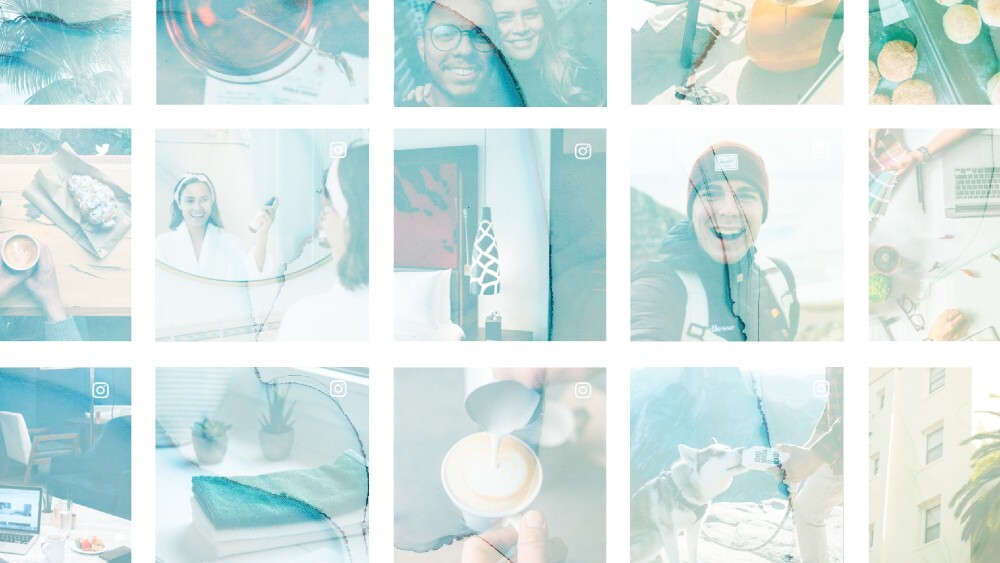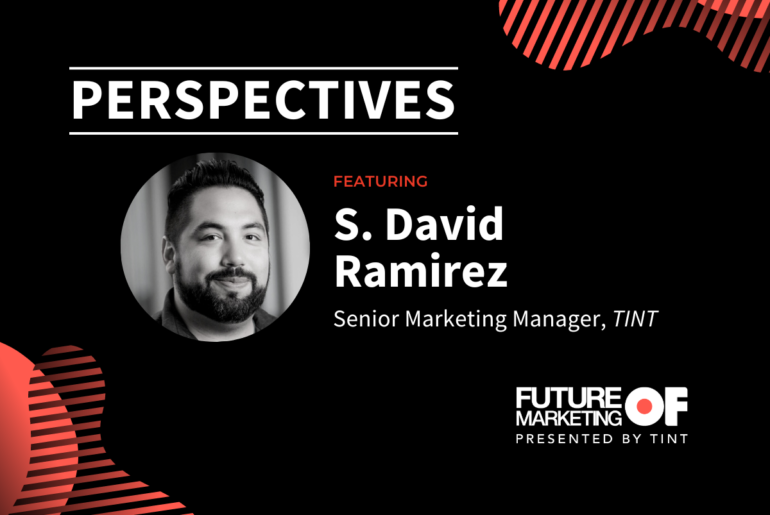At the beginning of 2021, TINT identified five themes for the future of marketing in the annual State of User-Generated Content (UGC) Report. Fast-forward to Summer 2021 – where countries are slowly reopening as business recovers and vaccinations roll out around the world. So, what does this mean for brand expectations and consumer behavior post-pandemic?
Before we dive into current expectations and predictions for the future, let’s revisit the five themes in user-generated content (UGC) that we uncovered in early 2021:
- The battle for engagement
- Seventy-two percent (72%) of marketers reported more responsibilities than ever – and consumers are quick to recognize when brands are cross-posting content rather than reformatting or posting the most relevant content to each specific channel.
- Omnichannel marketing is no longer optional
- There are more marketing channels and social media platforms than ever. With consumers fragmented across various channels, they expect to find brands wherever they are.
- Influencer marketing has a new definition
- Seventy-five percent (75%) of marketers reported plans to work with small, nano, and micro-influencers in 2021. Influencers are no longer just paid celebrities – social media platforms (like TikTok) have made it easy for the average consumer to create content and influence people’s purchase behavior.
- Social meets eCommerce
- Social commerce accelerated amid the pandemic. As people increasingly shop online, they expect a seamless customer experience. They want to buy things they see on social media without ever leaving the platform of choice.
- The rise of hybrid events
- Over seventy percent (70.1%) of marketers were considering hybrid events in early 2021 and seventy-five percent (75.5%) were considering virtual events – sparking demand for video and live-streaming platforms.
Current Trends in Marketing
Consumer behavior is shifting (again). People have learned that they have the power to influence brand experiences and as the world reopens, expectations for brands to listen and adapt are higher than ever.
As predicted in the State of UGC 2021, brands are now pushing towards user-generated content, employee advocacy, and hybrid experiences (from events to work practices). Not to mention, social media continues to evolve at a pace that makes it increasingly difficult for marketers to keep up. As a result:
- Companies are having a hard time finding talent
- According to CNBC, there are about 3.5 million fewer people in the workforce relative to February 2020. With the rise of remote work (and company layoffs) during 2020, people are now turning towards more flexible and competitive-paying roles – making employee advocacy increasingly important to build trust and recruit top talent.
- Brands can use employee-generated content (EGC) to showcase their culture, and build trust with their teams, customers, and prospective employees (like Cisco shares in its Careers page).
- Customer and employee advocacy is a priority
- Positive experiences and brand-building are detrimental for long-term success, and user- and employee-generated content will be top of mind for companies in the future. In fact, brand messages reshared by employees are reshared 24x more than when reshared by brands, and UGC continuously experiences more engagement than stock content.
- Considering the lower costs and higher conversion rates of UGC and EGC than overproduced stock content, these strategies are now paramount for marketers around the world as they focus on long-term brand- and community-building.
- Plans for in-person experiences are unraveling
- Over seventy percent (70.1%) of marketers were considering hybrid events in 2021. Businesses are now considering virtual experiences as an extension of their future in-person events, which may spark larger activations (and reach) than we’ve ever seen before. Brands are also experimenting with hybrid models – from their workforce to customer experiences – presenting new opportunities to build trust and engage their audience across multiple channels.
- Because of increased hybrid efforts, brands will have more versatile UGC and EGC to choose from (whether it’s from virtual and/or in-person activations), and the need for omnichannel activations will continue to rise.
- Additional research indicates that business travel will resume by Fall 2021, which will spark even more UGC around new travel, shopping, and business experiences – yet another opportunity for brands to capitalize on UGC and EGC to build trust and engage in novel ways.
- Social media continues to evolve at a rapid pace
- Platforms like TikTok, Instagram Reels, and now YouTube Shorts have made it easier for the average consumer to create short-form video content. Now, livestream shopping and shoppable UGC are gaining popularity across social media, pushing big commerce retailers to launch sales (like Prime Day and Black Friday) earlier in the year.
- Other platforms like Spotify, Twitter, and Clubhouse have implemented social audio features, triggering short-form and real-time audio UGC – making it even more challenging for marketers to keep up.
Predictions for the Future of Marketing
The future of marketing will be driven by the voice of people, and both, community- and brand-building will be at the forefront for most brands – but successful strategies derive from paying attention to ever-evolving wants, needs, and expectations from, both, consumers and employees.
Six Predictions for the Future of Marketing:
- New expectations from teams and consumers, including sustainability, inclusivity, and more thoughtful brand experiences across new ways of shopping, work, and living
- Balancing branded content with UGC and EGC (with a strong emphasis on turning customers and employees into influencers)
- Short-form video and audio spaces will continue to rise as the creator economy opens up to the masses – and so will the need for accessibility
- Social media will (finally) get a seat at the table, and will be recognized as a gold mine for consumer insights and trends to shape marketing strategies from the inside-out
- More brands will implement hybrid work models and consumer experiences, which will spark even more demand for omnichannel activations and social proof – from events to shopping – to engage and build trust with customers and employees across multiple channels
- Revenge travel will push brands to focus on creating positive experiences for long-term brand- and community-building as an effort to remain competitive and build loyalty
Want to keep a pulse on the future of marketing? Subscribe for exclusive podcast interviews with marketing leaders around the globe and receive first access to our State of UGC 2022 report when we launch. Don’t miss out.





